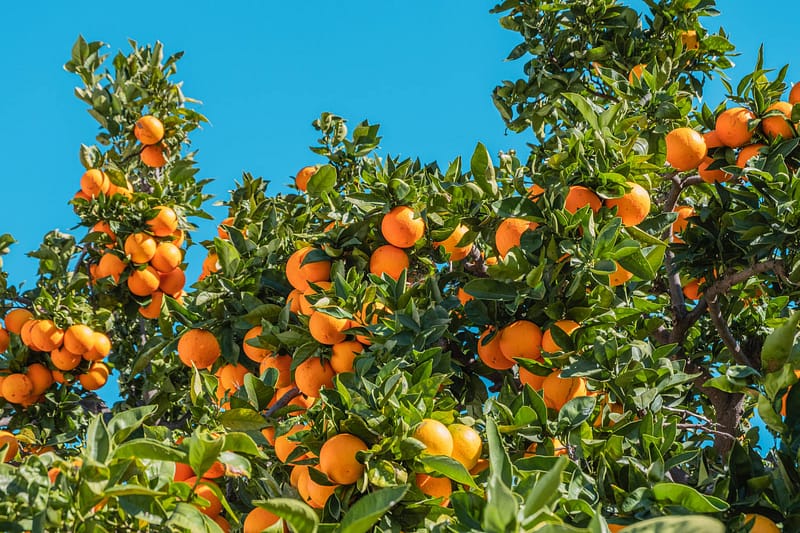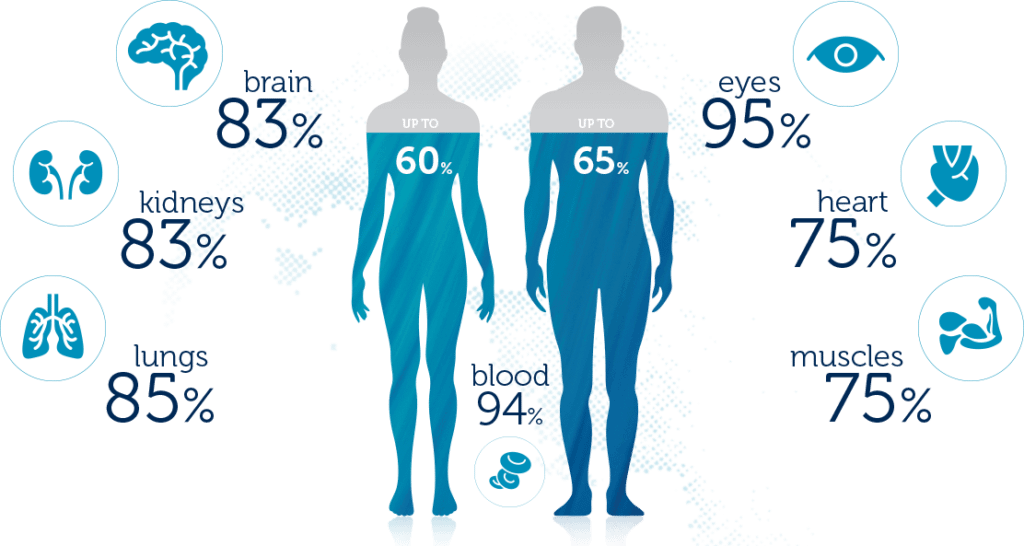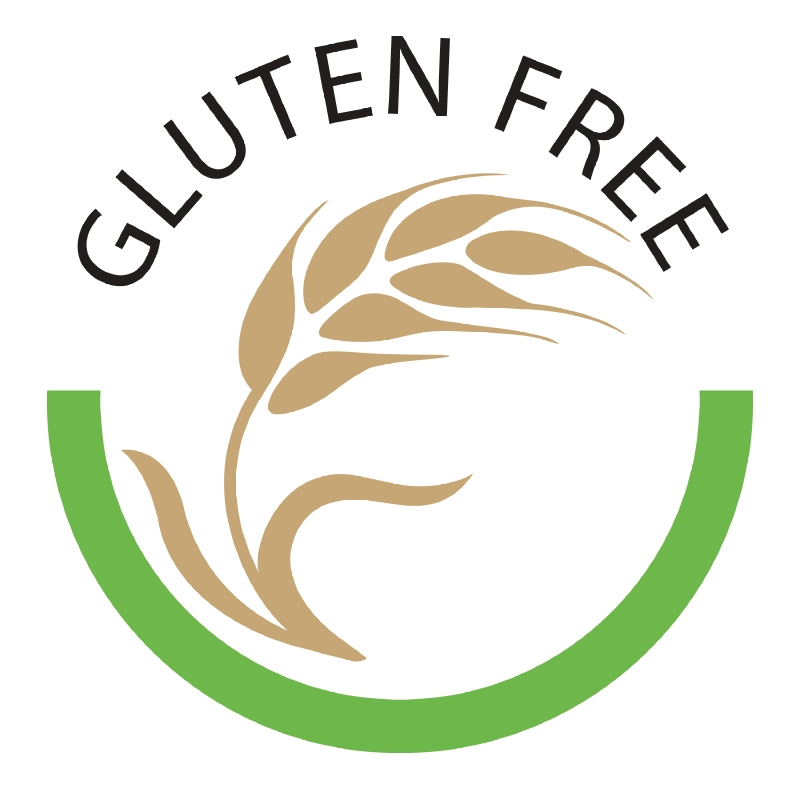Who would have guessed that what you eat could affect your mood? Eat these foods to ward off feelings of melancholy, especially during the coming winter months.
Fish
Fish are a fantastic source of omega-3 fatty acids, including EPA and DHA. Omega-3s have a positive effect on the brain, providing it with healthy fat that the body is unable to produce on its own. Studies have shown that the more fish a given a culture eats, the less depressed they are likely be. So if you don’t like fish, try to acquire a taste for it! Wild-caught salmon is an especially good source of Omega-3s. If you really can’t stomach that fishy taste, you might consider taking a supplement to make up for it.
Beans and Greens
B vitamins are critical in cell metabolism and lead to healthy energy levels. One B vitamin in particular, folic acid, plays an especially important role. Found in beans, legumes, and a variety of green vegetables like spinach, asparagus, and broccoli, folic acid helps the body control homocysteine levels. Excess homocysteine throws brain chemistry out of balance, so be sure to include these healthy foods in your regular diet.
Turkey
Tryptophan is famous for putting us all to sleep after a huge Thanksgiving dinner. Fortunately, this amino acid has positive effects on the mood as well. When digested, tryptophan is converted into serotonin, a neurotransmitter that promotes an overall feeling of well-being. Many lean meats, including fish, contain high levels of tryptophan. For vegetarians, soybeans are an excellent source.
Brown Rice
This is as much an indictment of white rice as it is an endorsement of brown rice. White, refined carbohydrates will cause a spike in blood sugar, leading to mood swings and energy crashes. Carbohydrates like brown rice are digested more slowly, releasing energy at a steadier rate. Chromium is another important nutrient for the way it works with insulin to regulate blood sugar levels.
Sunlight
Okay, maybe it’s not a food, but it provides nutrients in the same way that food does. Vitamin D deficiencies are suspected to be a major cause of seasonal affective disorder, especially for those in darker climates with long winters. Foods that are high in Vitamin D include fish, eggs, and mushrooms.







